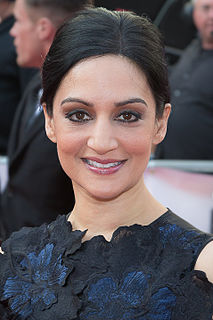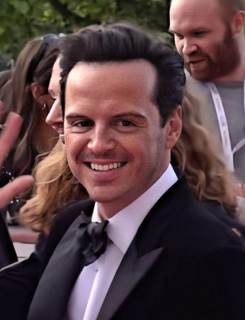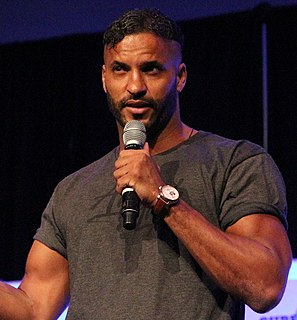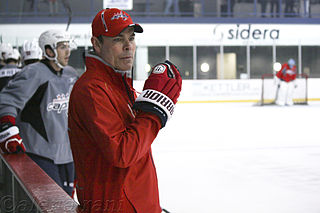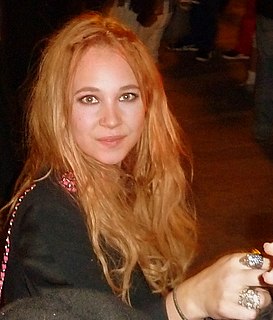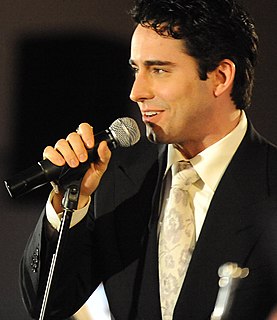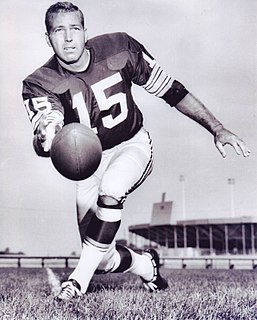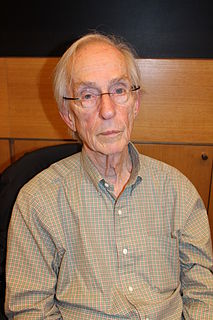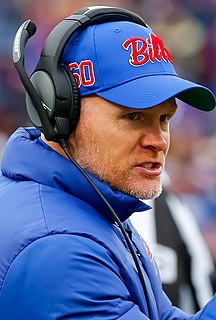A Quote by Russell Crowe
I was too kind of brave and proud to want a dialect coach because I thought that showed weakness in my armor. But then you just learn it's a more efficient way of doing it. A dialect coach is really important because it takes a certain technical responsibility off your shoulders.
Related Quotes
Dialogue that is written in dialect is very tiring to read. If you can do it brilliantly, fine. If other writers read your work and rave about your use of dialect, go for it. But be positive that you do it well, because otherwise it is a lot of work to read short stories or novels that are written in dialect. It makes our necks feel funny.
I find standard American the hardest. It really fits in a different place in your mouth. Southern, I find the easiest. If you talk to a dialect coach and you get sort of technical, where an English person keeps their voice in their throat, a Southern person does the same, and it's got the same sort of music to talking.
Photographers learn to interpret photographs in that technical way because they want to understand and use that 'language' themselves just as musicians learn a more technical musical language than the layman needs. Social scientists who want to work with visual materials will have to learn to approach them in this more studious and time-consuming way.
Coach Wilks really embraces that growth mindset and trying to learn and grow every day so he's a good fundamental teacher. He understands the passing game which is important when you coach as a defensive coordinator and also as a secondary coach like he has, so he's one of the top-notch coaches in our business.

